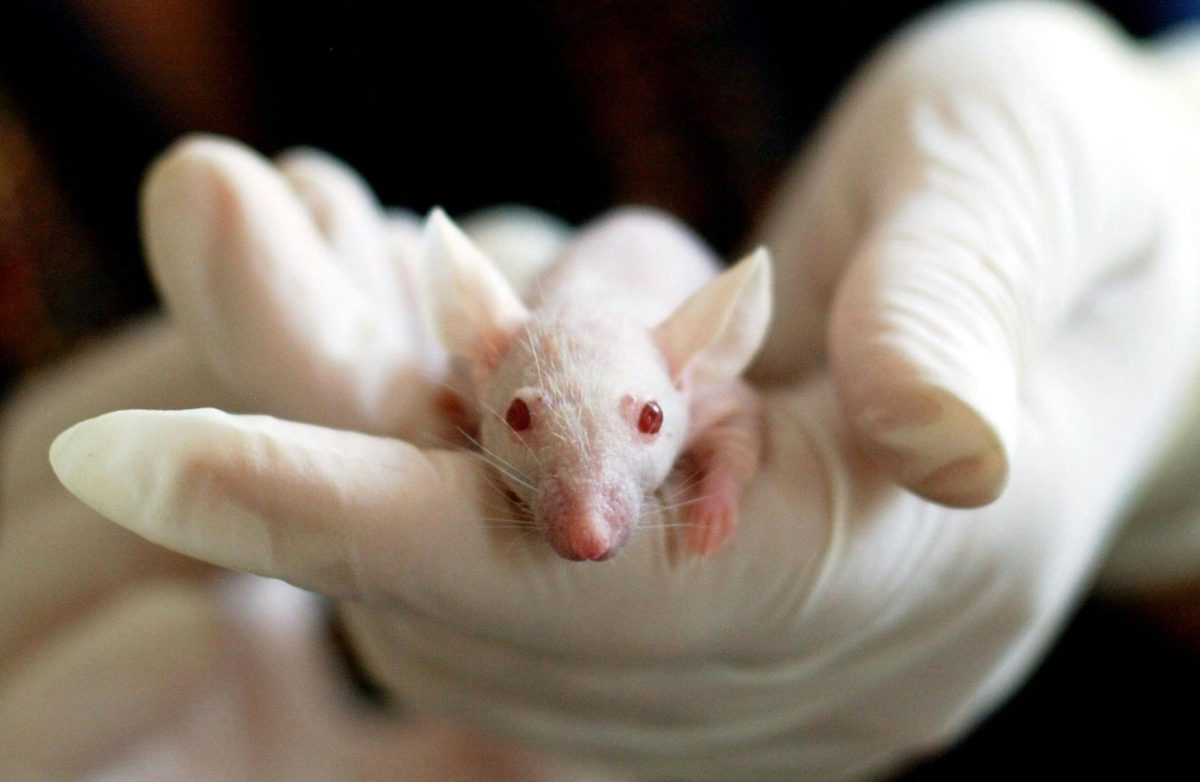Dear PHS Ethicist,
I am a student interested in majoring in Pharmacy. While researching this career path, I came across the topic of animal testing, a practice that is present in the field of medicine. At first, I had a pessimistic perspective on animals being used as test subjects because it just seemed unethical and wrong. However, as I researched further about this topic, I found out that animal testing is a much more complicated issue. So, I am here to ask: when is animal testing justifiable?
– – – – – – – – – – – – – – – – – – – – – – – – – – – – – – – – – – – – – – – – – – – – – – – –
Do human lives matter more than animals? The idea of animal testing by itself has been debated since the early ages of humanity. In fact, the first known use of animals in scientific experimentation dates from 500 B.C in Ancient Greece. Though the number of animal testing has decreased over time thanks to development of technology, it still continues to persist in certain fields.
To answer the question, it is important to understand the different perspectives people have in regards to animal testing. Here’s a brief summary of both sides of the argument:
An argument made for advocating animal testing is that humans are more superior than animals, and therefore are more important. The core idea surrounding this belief is Speciesism. Speciesism, in applied ethics and the philosophy of animal rights, is the practice of treating members of one species as morally more important than members of other species; also, the belief that this practice is justified. People holding this belief argue that because humans are superior to animals in our cognitive abilities (meaning we are able to interpret and understand more things), humans should be put first.
The opposing perspective to animal testing is that all life matters, no matter its size or significance. Biocentrism is an ethical perspective holding that all life deserves equal moral consideration or has equal moral standing. Applying this perspective, it could be argued that animal lives matter equally as humans; after all, animals are still living creatures regardless of their significance.
The reason why the debate comes up today is because animal testing is being allowed in most countries to some extent. Why? The most obvious reason is because animal testing has led to the benefit of society and advancement of humanity. As you mentioned, one field where animal testing is “allowed” is medicine. To understand the reasoning, think about the impact medicine has and still continues to have on the world. Practically all medicines and medical products available today were developed with the help of animal experiments, helping millions of people and as well animal treatment. Not only that, but the knowledge gained from animal testing has led to better understanding of the anatomy of humans and animals, allowing advancement in many similar fields including vaccines and surgery (which has led to better treatment of animals as well!). As long as the reasoning for animal testing is meant to “benefit the world”, I consider them somewhat a necessary process in order to create a better place for everyone to live in.
Now, the ambiguity is, what kinds of animals should be allowed for testing? For example, Vanilla the chimp was born in a New York biomedical research lab in 1994. She was one of many chimpanzees raised for medical research, a practice that was phased out by the National Institutes of Health in 2015. She was relocated after the research center closed down, finally reaching freedom in Save the Chimps Sanctuary. The video of her astonished reaction seeing the sky for the first time in 28 years went viral over the internet, showing how animals have feelings like humans. In my perspective, animal testing is not justified when performed on animals with complex cognitive abilities such as a chimp or a dolphin, as they are able to interpret and suffer pain in a way that is similar to humans.
You may also wonder: Is testing animals for beauty products justifiable? How about space experiments? I believe that animal testing should not be allowed when the intent of the experiment derives from human’s selfishness or curiosity. Therefore, testing animals for beauty products is not justified since it is not a necessity, as well as space experiments since it is a result of curiosity rather than urgency (for now). Testing drugs or other chemicals on animals for these reasons should not be happening in the lab. It is understandable to see the results of how drugs work, but it is horrible to test them on creatures that can’t consent to the tests.
I hope this answers your question,
The PHS Ethicist





